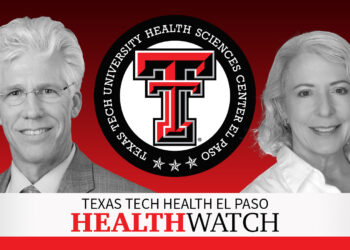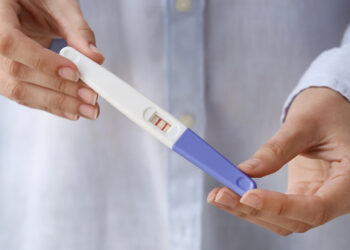TOPLINE:
Among adults with overweight or obesity in a standardized weight-loss program, later meal intake was linked to a higher BMI, slower weight loss, and poorer long-term maintenance. However, this association was observed only in those with a high genetic predisposition to obesity.
METHODOLOGY:
- Meal timing is increasingly recognized as a key factor in obesity and weight management, but responses vary significantly by individual.
- Researchers conducted a cross-sectional and prospective observational study to explore how meal timing relates to obesity, weight-loss rate, and long‐term weight‐loss maintenance, and whether the polygenic risk score for BMI (PRS-BMI) influences these outcomes.
- They analyzed 1195 adults with overweight or obesity (mean age, 41.07 years; 80.8% women; mean baseline BMI, 31.32) who participated in a standardized, multimodal weight-loss intervention, of whom 456 were assessed for long-term outcomes.
- Participants’ meal timing was unrestricted, allowing their natural eating patterns to be observed.
- The midpoint between the weekly averages of first and last daily meals was calculated to determine meal timing; PRS‐BMI was calculated and grouped into tertiles, with higher tertiles reflecting greater genetic susceptibility to obesity.
TAKEAWAY:
- Each 1-hour delay in the midpoint of meal intake was associated with a 0.952 increase in BMI at baseline (P = .0002), a 2.2% increase in long-term body weight (P = .042), and a 0.046 kg/wk slower weight-loss rate (P = .013).
- Each one SD increase in the PRS-BMI was associated with a 1.763 higher BMI (P = 2.728E-30).
- A significant interaction was found between meal timing and PRS-BMI (P = .008).
- In those with the highest genetic susceptibility to obesity, each 1-hour delay in the midpoint of meal timing was linked to a 2.208-unit increase in BMI, whereas no significant effect was observed in those with lower genetic susceptibility.
IN PRACTICE:
“This study adds to the evidence that early meal timing may attenuate the impact of genetic obesity susceptibility. These results advocate for the inclusion of chronobiological principles in personalized obesity prevention and treatment strategies,” experts wrote in an accompanying commentary.
SOURCE:
This study was led by Rocío De la Peña-Armada, Complutense University of Madrid, Madrid, and María Rodríguez-Martín, University of Murcia, Murcia, both in Spain. It was published online in Obesity.
LIMITATIONS:
The study findings may not be generalizable beyond adults with overweight or obesity. Meal timing and dietary intake were self-reported, potentially introducing recall bias. As an observational study, causal relationships could not be established.
DISCLOSURES:
This study was supported by the Spanish Ministry of Science, Innovation and Universities; Seneca Foundation; and National Institute of Diabetes and Digestive and Kidney Diseases. One author serves on the Board of Directors of the Sleep Research Society and has received consulting fees from the University of Alabama, Tuscaloosa, Alabama, outside the submitted work. Another author is a cofounder of Magnet Biomedicine, also unrelated to the current work.
This article was created using several editorial tools, including AI, as part of the process. Human editors reviewed this content before publication.
Source link : https://www.medscape.com/viewarticle/eating-earlier-may-help-genes-keep-weight-check-2025a1000kbn?src=rss
Author :
Publish date : 2025-07-31 09:07:00
Copyright for syndicated content belongs to the linked Source.











